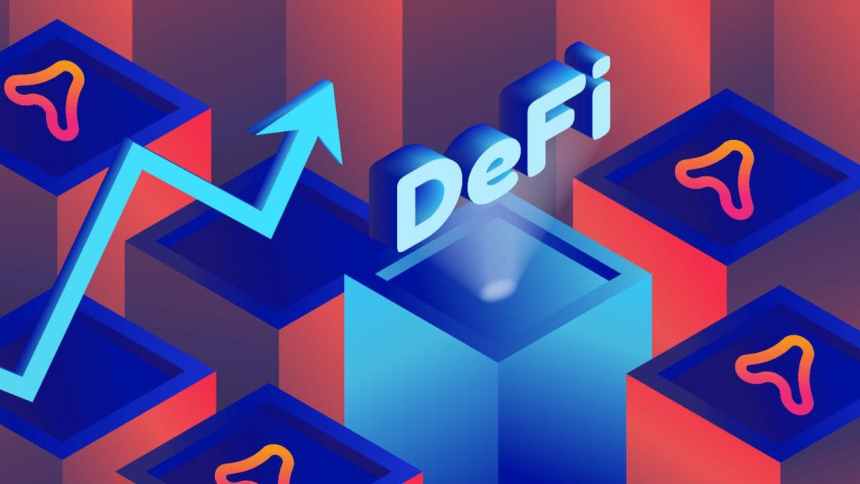One of the most successful innovations to come out of blockchain technology is the introduction of decentralized finance. Decentralized or DeFi is a broad term used to catalog the decentralized applications that integrate traditional financial services into the crypto world.
Decentralized finance applications and protocols are constantly evolving to integrate emerging trends. Over the last few months, the DeFi industry has seen a sudden influx of liquidity-focused decentralized finance projects introducing a new generation of DeFi called DeFi 2.0.
Introducing DeFi 2.0
DeFi 2.0 is a new phrase used in the blockchain world to refer to the subset of DeFi protocols built on breakthroughs such as yield farming. Several on-chain systems powered by native tokens are experiencing new development in liquidity due to DeFi 2.0.
DeFi 2.0 aims to capitalize on the first generation of DeFi products that establishes an initial user base before developing the primitives for the construction of DeFi apps. It rectifies the new trend of creating dApps in a business-to-business focus and takes the utility back to the users, which was the initial intention of decentralized finance.
Moreover, DeFi 2.0 acts as the catalyst to promote emerging market trends and solve the biggest challenges, such as the rising Ethereum gas fees. DeFi 2.0 deploys a two-layer solution with expansive scalability and introduces a new wave of decentralization that has ironically been missing in the earlier model of decentralized finance.
Apart from decentralization and scalability, DeFi 2.0 has also given the process of staking, multi-chain swaps and NFTs a new life by empowering new protocols with robust functionality and usability.
Several projects have embraced DeFi 2.0, and one of the most promising projects that stand out of the bunch is Asgard DAO.
Asgard DAO – Decentralized Currency Reserve Protocol on BSC
Asgard DAO is one of the early solutions readily embracing the emerging DeFi 2.0 by creating a decentralized protocol based on the $Asgard Token and backed by a robust DAO. The project aims to bring protocol-owned liquidity to DAOs and prioritize decentralization when developing a project.
Asgard DAO is combating the sharks who heavily control the number of protocols in DeFi. The protocol gives every user with more than 1% of the current supply of the native token $Asgard the ability to vote, suggest and debate on the project’s development. The proposal passed with a majority vote will be automatically deployed as executable codes following a three-day voting period. This DAO model has lowered the entry barrier to create an unbiased environment for governance.
Asgard DAO also incorporates the need for robust staking protocols by allowing users to stake $Asgard through Asgard’s dApp website to earn rewards. These rewards derive from bond sales processes that vary on the number of tokens staked and the reward rate. Bonds is the process of trading Liquidity Provider tokens for Asgard tokens at a discount price. With Asgard DAO the process of purchasing bonds is simplified to a single-step process.
Asgard DAO expertly demonstrates the potential of DeFi 2.0 to battle the shortcomings and bad factors in the crypto and DeFi space.
Photo by Tezos on Unsplash
